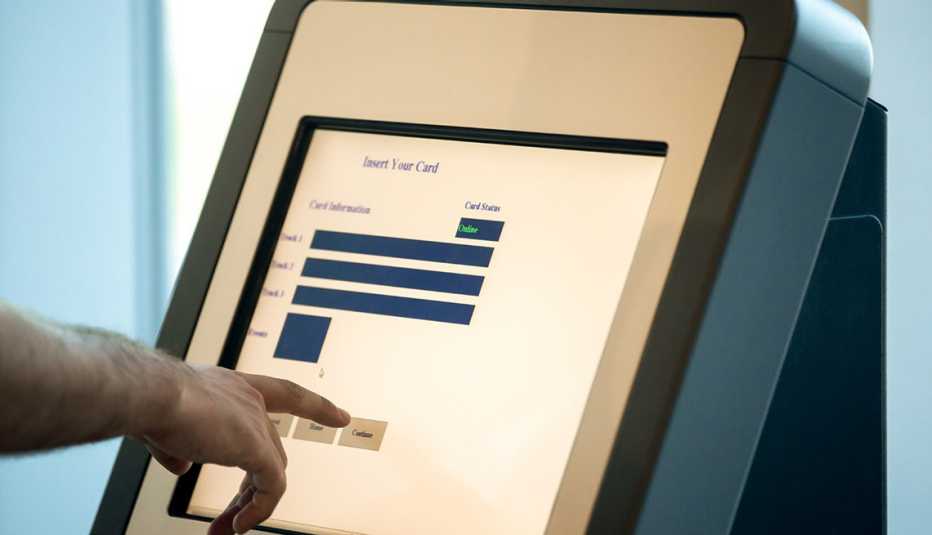AARP Hearing Center


If you have a hearing impairment, traveling for business or pleasure can present communication and navigation challenges. But with some mindful adjustments, travel can be a pleasure. Here, experts offer a few general tips, as well as specific issues to consider when driving, taking a train or flying with hearing loss.
The Basics
Equipment. If you use hearing aids, pack plenty of batteries, chargers and ear protection. If you’re traveling to a humid climate, consider a dehumidifier for your hearing aids, too.
Attitude. During the journey, act as your own advocate: “Tell people you have hearing loss because it’s something they don’t see so they won’t know,” advises Ohio-based audiologist Eryn Staats. “Ask them ... to speak slowly and distinctly and to repeat themselves if need be.”
Pandemic Considerations. With masks still required on planes and trains, it can be challenging to understand those around you, even with hearing aids. Your devices may have a setting for noisy environments that can boost mask-muffled speech, says Hope Lanter, a lead audiologist at Hear.com. Some newer hearing aids may even offer a specialized "mask mode." Bottom line? "It's important to make sure you're being very assertive," she says, like asking someone to speak loudly if needed.






































































More From AARP
Can COVID Cause Hearing Loss?
Researchers explore the link between the virus and the ears
8 Everyday Noises That Could Cause Hearing Loss
Lawnmowers, leafblowers, exercise class, can take a toll
Top 6 Problems With Hearing Aids
How to deal with common issues, from feedback to earwax buildup